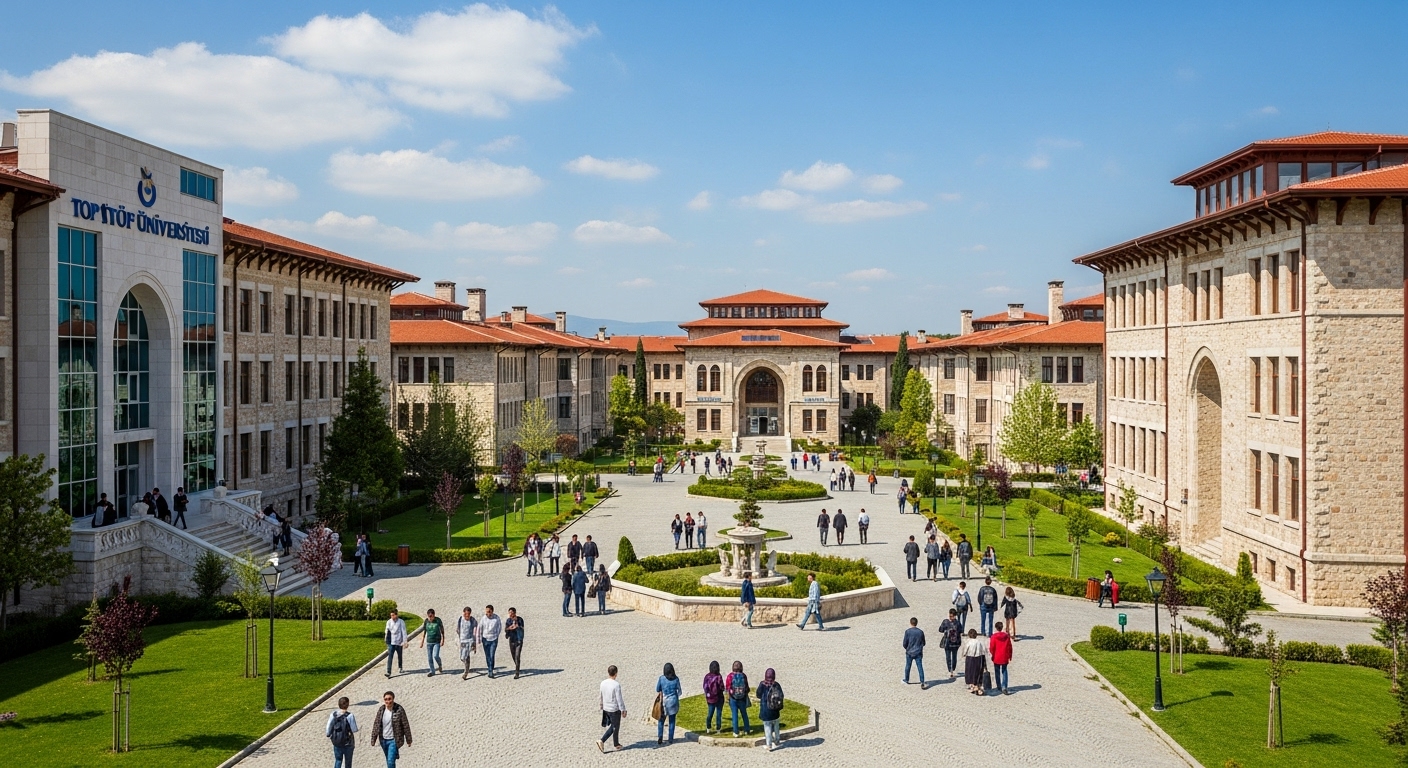Arabic and Islamic Courses
Arabic and Islamic Courses are becoming increasingly popular among learners who wish to deepen their understanding of the Arabic language, Islamic principles, and cultural values. These courses provide essential knowledge for personal growth, academic advancement, and spiritual development. Whether you are a beginner or seeking to enhance your existing skills, enrolling in Arabic and Islamic Courses offers a well-rounded learning experience that supports your linguistic and religious goals.
Why Arabic and Islamic Courses Matter
The Arabic language holds immense historical, cultural, and religious significance. It is the language of the Qur’an and a key to accessing centuries of Islamic scholarship. Through Arabic and Islamic Courses, learners develop the linguistic foundation needed to understand original Islamic texts accurately. This ensures proper interpretation, a deeper connection with religious teachings, and stronger communication skills within Arabic-speaking communities.
What Students Learn
A comprehensive curriculum in Arabic and Islamic Courses typically includes Classical Arabic, Modern Standard Arabic, grammar, vocabulary building, tajweed for Qur’an recitation, and foundational Islamic studies. Beyond language skills, learners explore essential topics such as Islamic history, fiqh, hadith, and seerah. These subjects provide well-rounded knowledge and empower students to apply Islamic principles in daily life with confidence.
Benefits of Studying Arabic and Islamic Courses
Students who join Arabic and Islamic Courses enjoy numerous benefits, including intellectual enrichment, improved spiritual understanding, and access to broader career opportunities related to education, da’wah, translation, and community leadership. Learning Arabic also enhances cognitive abilities, strengthens memory, improves focus, and opens doors to international travel, study, and professional growth.
Who Can Enroll?
These courses are ideal for learners of all ages. Whether you are a parent seeking Islamic education for your children, a professional looking to expand your knowledge, or a revert eager to learn the basics, Arabic and Islamic Courses provide a structured and supportive environment. Many institutions offer flexible schedules, allowing working individuals to balance learning with daily responsibilities.
Expanding Learning Opportunities Through the Arabic Language Programme
For students wishing to advance further, an Arabic Language Programme offers deeper linguistic training. These programs focus on reading comprehension, speaking fluency, writing skills, and advanced grammar. By enrolling in an Arabic Language Programme, students gain confidence in communicating in Arabic while also strengthening their understanding of Islamic sources.
Skills You Gain from the Arabic Language Programme
An Arabic Language Programme provides practical skills that help learners read complex texts, engage in meaningful discussions, and interpret classical writings. These programs often include interactive sessions, real-life conversation practice, and structured assessments that track student progress. As learners develop strong language proficiency, they become more capable of exploring Islamic literature in its original form.
How the Arabic Language Programme Enhances Islamic Knowledge
By combining Arabic and Islamic Courses with an Arabic Language Programme, students achieve a powerful learning combination. Understanding Arabic fluently unlocks vast resources of Islamic knowledge and allows learners to study religious texts more accurately. This strengthens spiritual connection, improves personal development, and enables students to contribute positively to their communities.
Final Thought
A strong foundation in Arabic and Islamic Courses empowers learners with essential linguistic and spiritual knowledge. Pairing these courses with an Arabic Language Programme enriches understanding, enhances communication skills, and opens doors to lifelong learning. This educational path supports personal growth, deeper faith, and meaningful engagement with Islamic scholarship.






